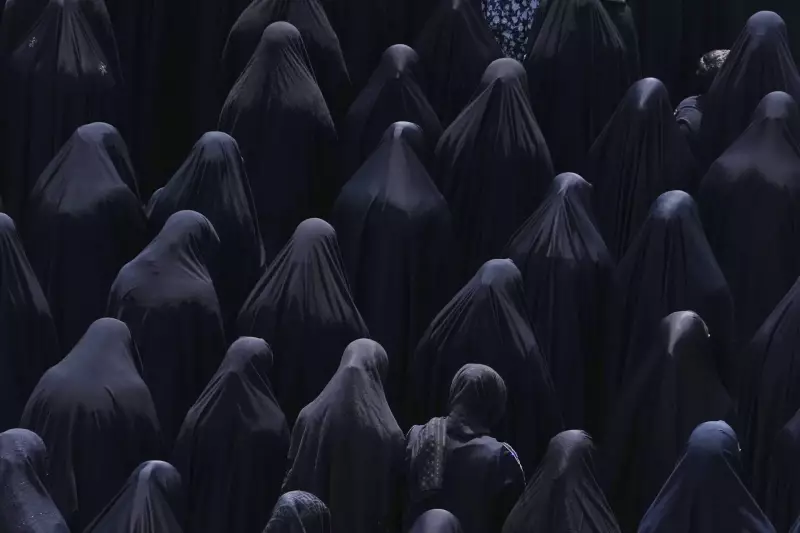
In a political landscape often criticized for its lack of diversity, one party has consistently broken barriers in Bihar's assembly elections. The Janata Dal (United) has emerged as the sole political force to field Muslim women candidates consistently over the past two decades.
A Singular Political Achievement
Comprehensive data analysis reveals that since 2005, JDU stands alone among all political parties in nominating Muslim women for Bihar's legislative assembly seats. This unprecedented commitment to representation spans multiple election cycles and changing political alliances.
The Numbers Tell the Story
While other parties have occasionally included Muslim women in their candidate lists, only JDU has maintained this practice as a consistent strategy. The party's approach represents a significant departure from the typical political calculations that often marginalize minority women in candidate selection.
Breaking Double Barriers
Muslim women in Indian politics face what activists call a "double disadvantage" - battling both gender and religious minority status. JDU's consistent nomination practice challenges this pattern in a state where Muslim women's political representation has historically been minimal.
Political Implications
This unique positioning could have significant implications for Bihar's political dynamics, particularly in constituencies with substantial Muslim populations. The party's approach may influence voting patterns and set new precedents for inclusive politics in one of India's most politically significant states.
As Bihar continues to be a crucial battleground in Indian politics, JDU's distinctive candidate selection strategy distinguishes it from competitors and could potentially reshape how parties approach representation in one of India's most populous states.





